TV journalist Vyacheslav Tverdokhlib had to walk out of the Russian-surrounded Mariupol. In the pocket of his jacket, he carried the most valuable thing – a flash drive with evidence of the crimes committed by the Russian invaders, the whole truth about the killings of innocent Mariupol residents, and the destruction of the major industrial city on the coast of the Sea of Azov.
“The sense of impending disaster appeared on February 16th.”
Despite the 20-kilometer distance to the nearest village, the city’s dire state compelled the journalist to flee. Walking day and night without transportation, he evaded occupant checkpoints to safeguard the flash drive. While the world’s prayers were with Mariupol, the true extent of residents’ suffering remained largely unperceived.
— It would have been a great loss if what I filmed, risking my life, were to be lost. It must remain. After all, something will be restored later, something will be destroyed entirely, many people have died, many are missing, and there might not be any evidence left about the terrifying daily life in Mariupol at the beginning of the full-scale war. So, it was important for me to preserve all my material, — Vyacheslav begins his narrative.
He felt a few days before the start of the major war: something terrible would happen. How he felt precisely, he can’t explain – intuition told him.
— The sense of impending disaster appeared on February 16th. I made a small supply of water and even brought some firewood. Neighbors called the police on me, saying I was cluttering everything here, spreading garbage… Then, when a real catastrophe happened in Mariupol, they asked me, ‘When will all this end?’ I said, ‘I don’t know.’ ‘But you knew that something was about to start!’ — the journalist recalls.
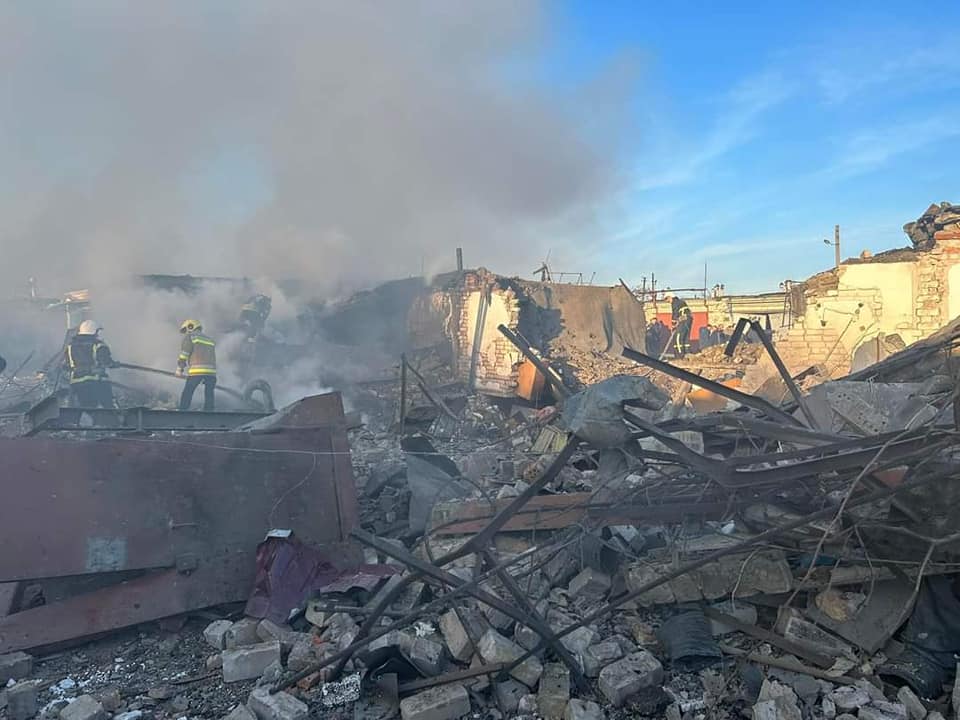
“Every day, it got worse, worse, and worse. There were piles of dead people in the city…”
The last news broadcast from Mariupol on TV-7 was on February 24th. The next day, the city was already facing significant problems with electricity and communication. Within a few more days, all the comforts of civilization disappeared completely. At that moment, Vyacheslav hadn’t planned to leave yet; he had started volunteering fervently and simultaneously filming a documentary about the war chronicle of Mariupol.
— Every day, it got worse, worse, and worse. There were piles of dead people in the city… I filmed and photographed, I saw how dead bodies were left wrapped up at bus stops, they were carried away on carts… I remember, on Metalurhiv Avenue, a wrapped body on a cart with ‘grandma, corpse’ written along with an address— our interlocutor recalls the horrifying moments.
Mariupol gradually turned into ruins and a large cemetery.
— Behind the market ‘California,’ there is a mass grave: in just one day, 163 people were buried there. And how many times people themselves collected bodies and buried one, two, or three deceased in the yards! Usually, they buried the dead in bomb craters: if there were already a pit, they would bury them there— the telejournalist shares his witness account.
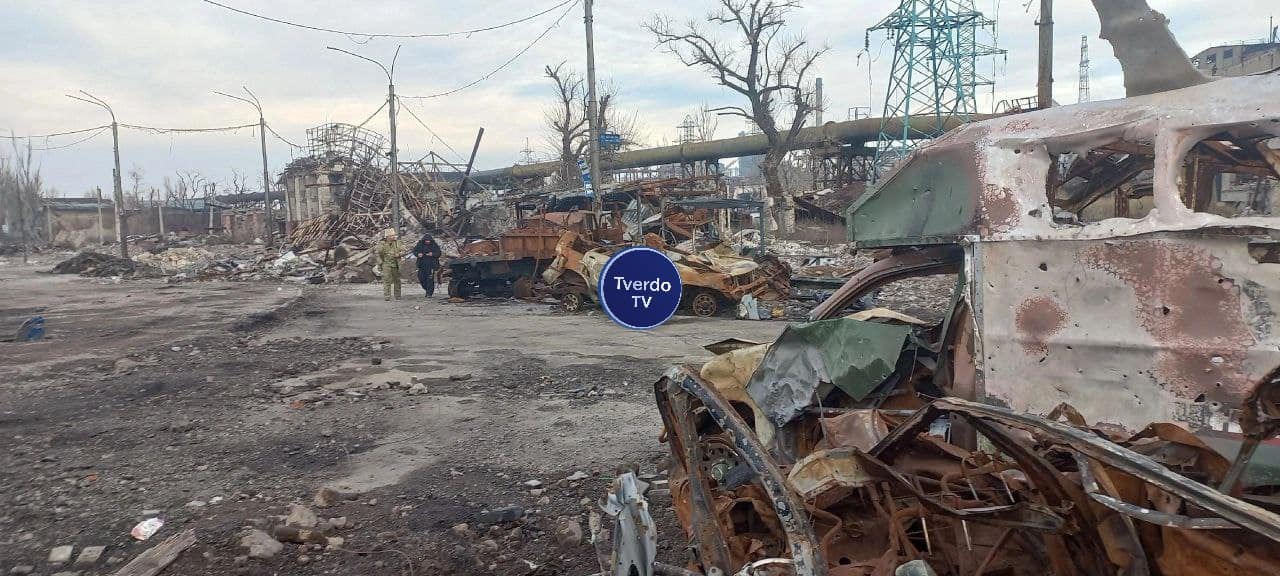
Every day, those bomb craters increased in number. The city was under constant fire, and Mariupol trembled from explosions day and night. The most horrifying blow was to the drama theater, where hundreds of innocent Mariupol residents sought shelter. The apocalyptic scene after the explosion was forever etched into the journalist’s memory.
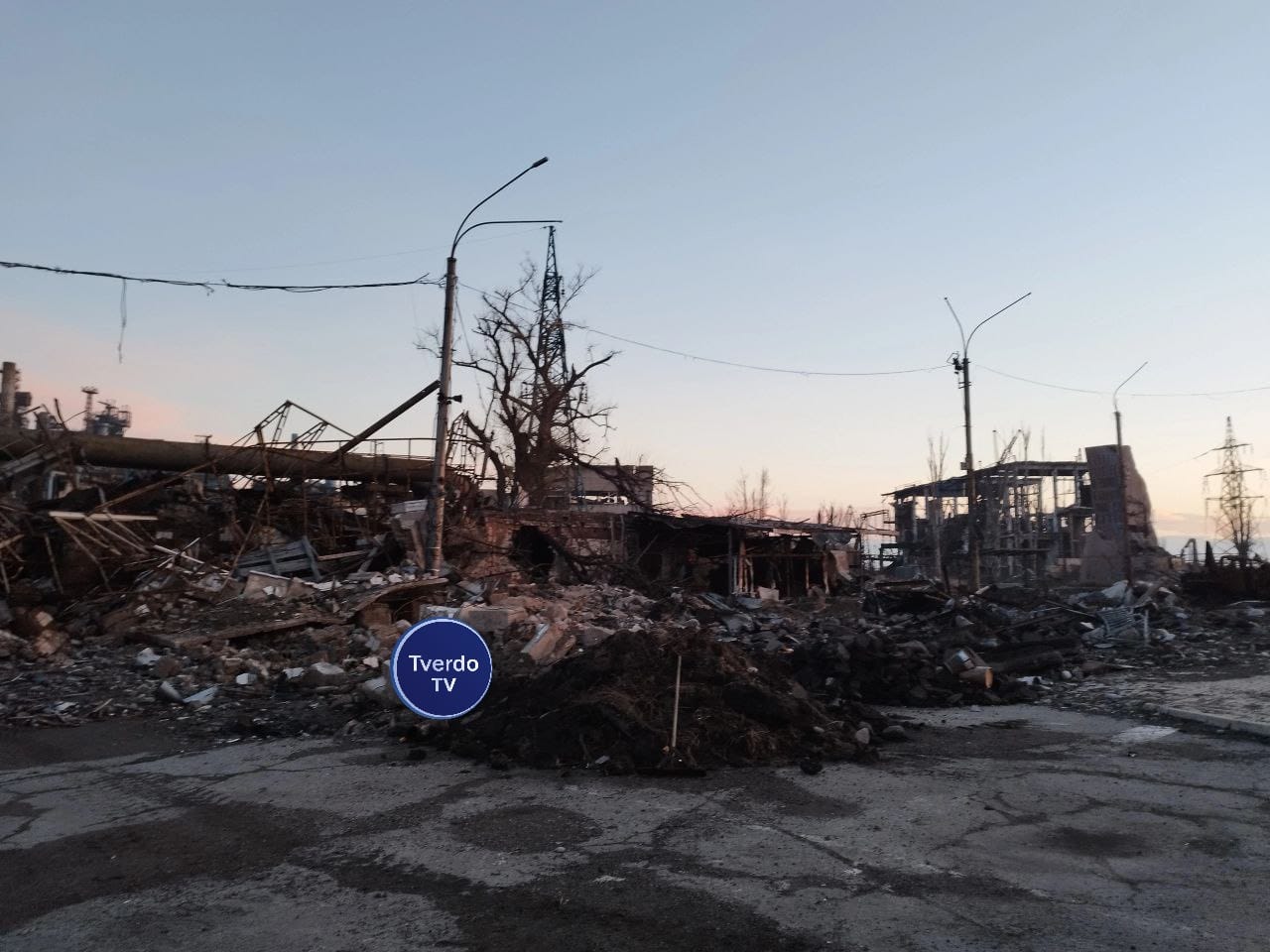
— I arrived at the drama theater after a bomb had hit the building. No one around. It was still smoldering, and in places, it was still burning. There was another man there, searching for his relatives. There was no one alive anymore… Not even in the basements… We went down there. Everything was blocked. Here was the field kitchen – it was buried under debris. There was no doubt: people had died,— Vyacheslav says with pain.
“If the occupiers had found my phone, they would undoubtedly have killed me.”
After nearly three months of living in wartime Mariupol, Vyacheslav dared to leave. The final convincing factor for him was an incident involving his friend, who was detained by the invaders.
— A Russian man started shooting a pistol at our feet, saying, ‘Admit it, which one of you is from the Ukrainian Armed Forces.’ And one of us was hit in the hand by a ricochet. They let him go to the 23rd micro-district to see a doctor. When he returned, he said that in the 23rd district, on the outskirts, there was almost a peaceful life: mothers were strolling with baby carriages! Let’s go out because we’re near ‘Azovstal,’ they’ll be pressing our people here,— Vyacheslav recalls the events of those days.
They left the city on foot. Sometimes, someone could give them a lift for a few kilometers. Vyacheslav says he was fearless for himself. He was more concerned about the flash drive containing real evidence of the crimes committed by the Russians in Mariupol.
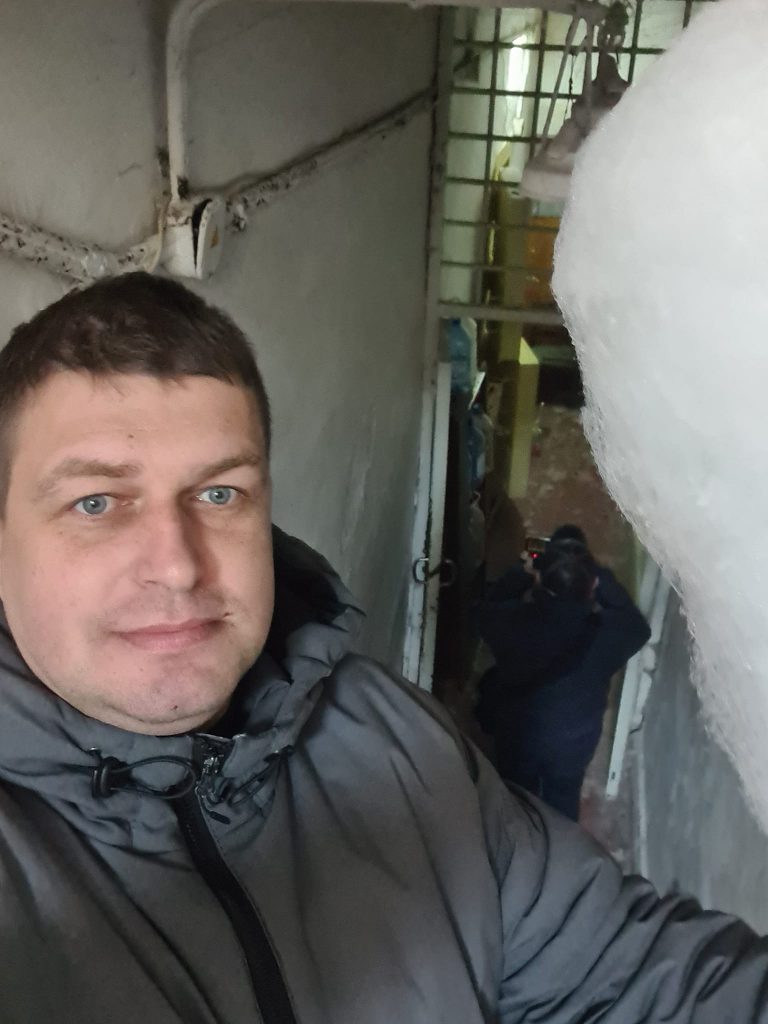
— I filmed everything that was happening in the city at that time. I practically went under shelling and tried to capture everything around me. I did it so that the world could see these shots. If the occupiers had found my phone, they would have killed me and the driver. So, I thought for a long time about how to get this information out of the city,— Vyacheslav Tverdokhlib explains. — Then I thought about how to hide this flash drive, and eventually, the idea of candy came to mind, which I carried in my pocket from Mariupol to Zaporizhia.
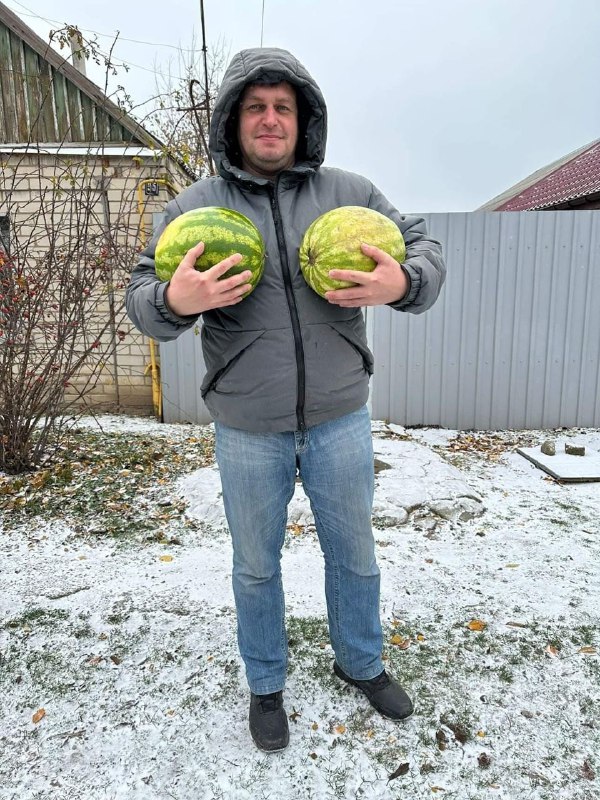
“Everything can be rebuilt, but tens of thousands of dead people cannot be brought back.”
Vyacheslav found a temporary shelter in Zaporizhia, where he captures stories about life in the regional center and the displaced people from Mariupol for TV-7’s YouTube channel. The journalist misses his hometown and already knows what his stories will be about after the liberation of Mariupol.
— I would like to remember everyone who died, but how can I do that… I would probably go to the places where the most people died. Then I would go to the volunteer center and visit places dear to my heart and memory… Everything can be rebuilt – housing, churches, theaters – and even the government can be changed, but you can’t bring back tens of thousands of dead people,— Vyacheslav Tverdokhlib concludes.
This series, titled Executed Free Speech, is created as part of a project Drawing Ukrainian And International Audience’s Attention To Serious Violations Of Human Rights And Crimes Against Journalists And Mass Media By The Russian Federation, which is performed by the National Union of Journalists of Ukraine, with support from the Swedish non-profit organization Civil Rights Defenders.
JOURNALISTS ARE IMPORTANT. Stories of Life and Work in Conditions of War is a cycle of materials prepared by the team of the NUJU with the support of the Swedish human rights organization Civil Rights Defenders.
#CRD

 THE NATIONAL UNION OF
JOURNALISTS OF UKRAINE
THE NATIONAL UNION OF
JOURNALISTS OF UKRAINE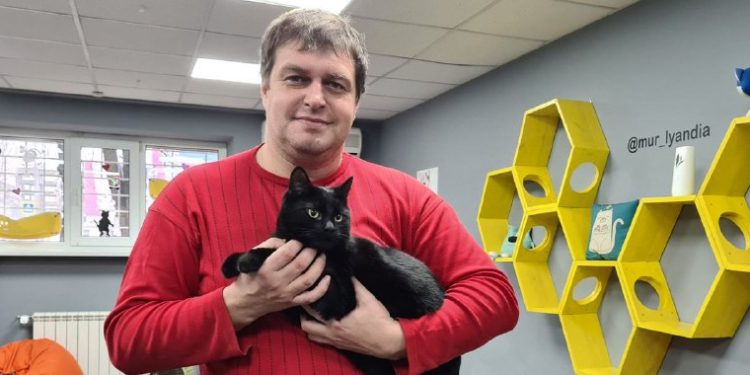
















Discussion about this post